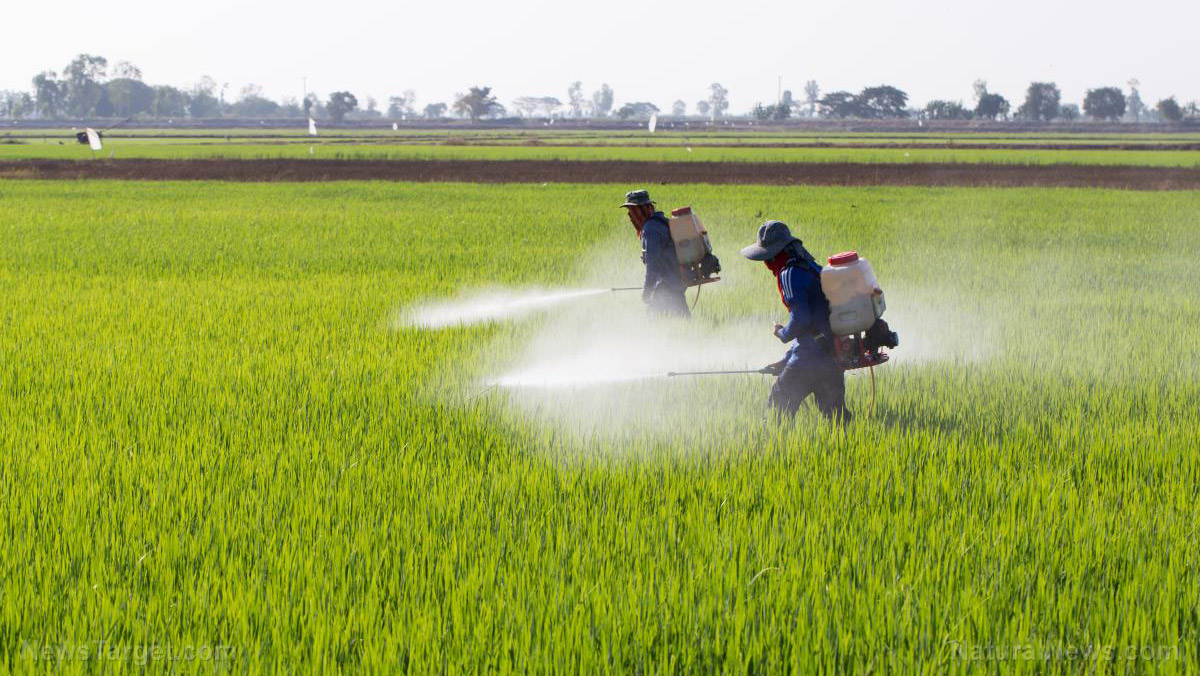John Deere workers end 5-week strike after reaching deal with hefty raises
11/24/2021 / By Cassie B.

The long strike at Deere and Co., the company behind John Deere tractors, has finally come to an end as The United Auto Workers union members approved a new six-year contract on the third vote.
The deal is said to only have slight changes from an agreement that was rejected earlier in the month by 55 percent of the union’s members. The union reports that 61 percent of its members ultimately approved the new deal.
Deere and Co. officials stated that they would not offer any more money following the last vote in early November, and the latest offer, which they claimed was their final one, mostly adhered to that promise. It will give workers a 20 percent wage rise over the lifetime of their contract, with 10 percent coming this year; enhanced options for retirement; Enhanced CIPP performance benefits; an $8500 signing bonus; and three lump sum payments of 3 percent during the deal’s second, fourth and sixth years. It also made workers eligible for health insurance earlier while maintaining their no-premium health insurance.
The new six-year collective bargaining agreement will apply to more than 10,000 workers across 14 American facilities for the tractor maker. One of the changes from the previously rejected agreement relate to the complicated formula used by the company to determine which workers will be given bonuses based on whether or not their team achieves specific productivity goals. In the new agreement, the formula is simplified in a way that may make it easier for some workers to qualify for an incentive pay.
The contract also restores a cost-of-living adjustment that was put in place to protect workers from rises in consumer prices, which is a major concern at the moment as inflation continues to put many Americans in an unfavorable financial position.
Farmers have been complaining about soaring prices on used tractors thanks to the strike, along with supply chain issues and a general lack of repairability of newer farm equipment.
The CEO and Chairman of Deere and Co., John C. May, said: “I’m pleased our highly skilled employees are back to work building and supporting the industry-leading products which make our customers more profitable and sustainable.”
Thousands of workers had been on strike since October 14 at all of John Deere’s facilities, most of which are situated in the Midwest. The company earned record annual profits of roughly $6 billion in 2021.
Employees across the country are fighting for better compensation
With ongoing worker shortages and record numbers of job openings, employees at John Deere, like many others around the country, have been emboldened to ask for better compensation and working conditions. In many industries, the movement is being driven by workers who say they did not feel appreciated by their employers for the long hours worked and extra efforts made during the pandemic.
For example, workers represented by UAW went on strike at Volvo Trucks earlier this year in Virginia, ultimately securing lower-cost health benefits and improved pay after rejecting three contract offers.
Meanwhile, around 1,400 workers at Kellogg’s four American cereal plants have been on strike since early last month. The dispute involves pay and benefit issues, including holiday and vacation pay, reductions in retirement benefits and the loss of workers’ premium healthcare at a time when the breakfast cereal sales have been spiking thanks to the pandemic, particularly in older brands with nostalgic value.
This summer, more than 600 Frito-Lay workers walked off the job to protest their working conditions during the pandemic, particularly working hours that amounted to forced overtime; the strike ended when a new contract was ratified. A strike at Nabisco ended last month after workers who had been protesting the company’s plans to move some work to Mexico ratified a new contract.
Sources for this article include:
Tagged Under: chaos, Collapse, compensation, harvest, inflation, John Deere, labor shortage, pandemic, revolt, strike, supply chain crisis, worker's rights
RECENT NEWS & ARTICLES
COPYRIGHT © 2017 HARVEST NEWS



















